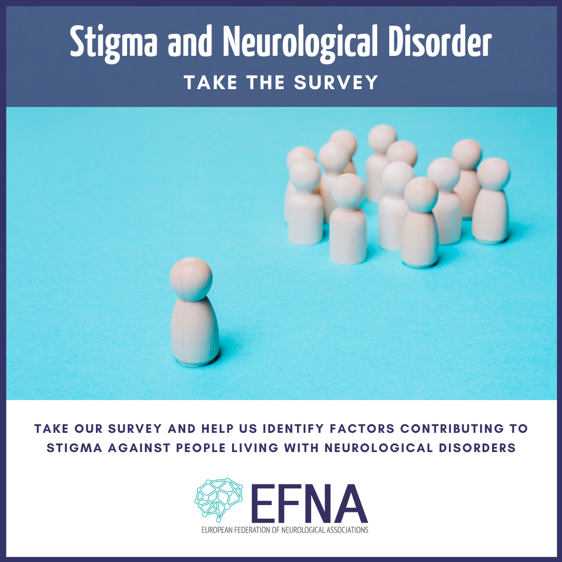
Mar 26, 2020
In 2018, the European Federation of Neurological Associations (EFNA) conducted a survey of young people affected by neurological disorder, to assess the impact of these conditions on their lives. Stigma was identified as one of the biggest issues affecting respondents.
As a result, EFNA has decided to develop a new survey, delving deeper into this issue, exploring the areas where stigma is felt and the situations which give rise to it. By identifying these areas EFNA can focus attention where it is most required and move to develop strategies that will combat stigma.
This survey is open to anyone who is living with a neurological disorder, living in Europe. The survey is available in 8 languages and will remain open until June 15th 2020.
Access the survey at: https://www.efna.net/efna-launch-survey-on-stigma-and-neurological-disorder/
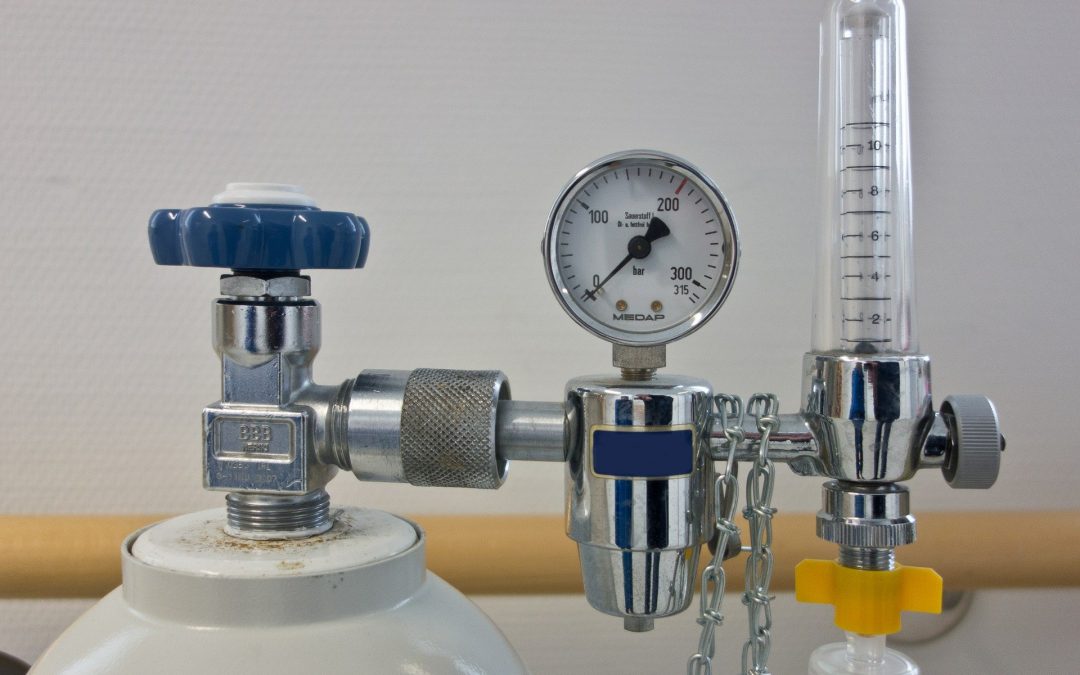
Mar 25, 2020
Can high-dose oxygen therapy reduce the effects of stroke? This is the subject of an EU funded study called PROOF.
An ischaemic stroke is the most common type of stroke. The arteries that supply the brain with blood become clogged by clots. This kills the cells at the centre of the stroke and puts those nearby at great risk.
The longer the brain suffers from oxygen and blood deficiency, the more serious the consequences, and the more brain tissue will die. Emergency treatment must therefore get rid of the blocked arteries as quickly as possible.
Starting January 2017 at the Tübingen University Clinic – and at eleven other clinical centres in eight European countries – the PROOF trial started testing whether the consequences of stroke can be reduced by rapidly applying high-dose oxygen therapy to new patients.
We used the opportunity to talk about this with Dr Sven Poli, Deputy Medical Director from Department Neurology & Stroke, University of Tuebingen.
SAFE: If you were to explain the project’s aim to a person without any medical background, what would you say?
SP: Recanalization of the occluded vessel is the established stroke treatment today.
Despite successful vessel recanalization, however, many patients suffer severe stroke because brain cells died before recanalization was achieved. The main driver of brain cell death in stroke is the lack of oxygen in the ischemic regions.
Breathing of pure oxygen (instead of room air) increases the oxygen which is dissolved in the blood.
The increased oxygen in the blood should compensate the lack of oxygen and, thus, keep brain cells alive until the occluded vessel has been successfully recanalized.
SAFE: What types of partner do you need to carry out a project like this?
SP: Many study centres with highly motivated study teams and stroke doctors.
SAFE: Can you briefly describe your role in the project?
SP: Coordinating investigator is responsible for the trial protocol, for the trial conduct, and communication between study centres and competent authorities.
SAFE: What (if any) are the difficulties with carrying out the work?
SP: Patient recruitment requires high motivation and personnel allowing 24/7 readiness to enrol patients within a very short therapeutic time window.
SAFE: What personally attracted you to be in this project?
SP: I started my career in the field of stroke medicine in 2006. Bad outcomes despite standard therapies, i.e. recanalization by either intravenous thrombolysis or endovascular thrombectomy, pushed me to research on neuroprotection. My two favourite approaches were oxygen and also hypothermia. Whereas latter still is hard to apply in humans, former seemed to me easy to implement in clinical acute stroke workflow.
SAFE: When this project ends, what do you expect to change, i.e. how it will reflect on stroke treatment?
SP: In case oxygen works, this treatment might even be started at home right after symptom onset. This may revolutionize stroke treatment, buying time for the brain and the patient until reperfusion.
The PROOF trial has received funding from the European Union’s Horizon 2020 research and innovation programme under grant agreement No. 733379.
Image by Michael Schwarzenberger from Pixabay
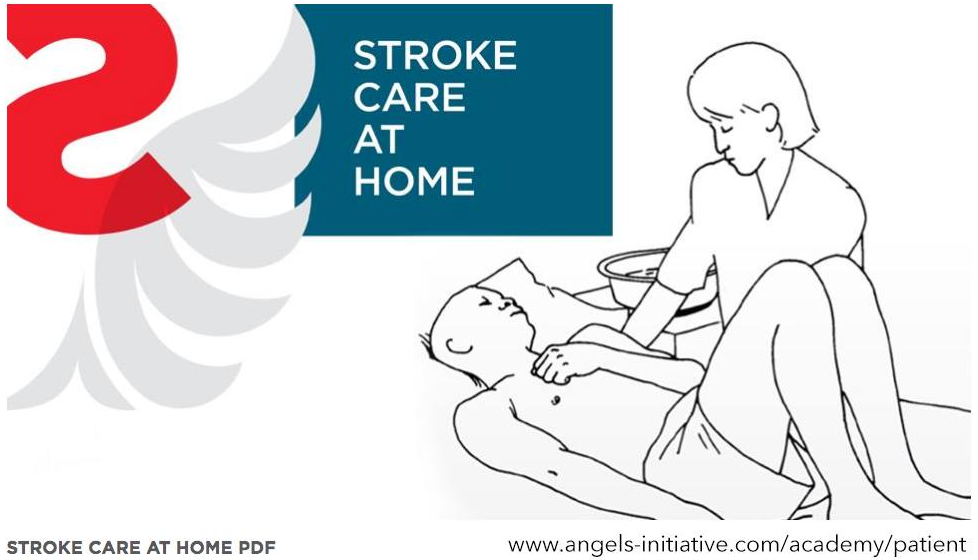
Mar 23, 2020
Written by Rafael Klavert | Source: Angels Initiative
As our movement is becoming more and more restricted, this Stroke Care at Home booklet may now be more useful than ever.
Developed by the Centre for Rehabilitation Studies in Stellenbosch University, this comprehensive 60-page guide was created with home carers and caregivers of stroke patients in mind.
Below is a link to the PDF file in case you know someone who can benefit from it. It is now being translated into 12 other languages and will be published once ready.
Stroke Care at Home booklet
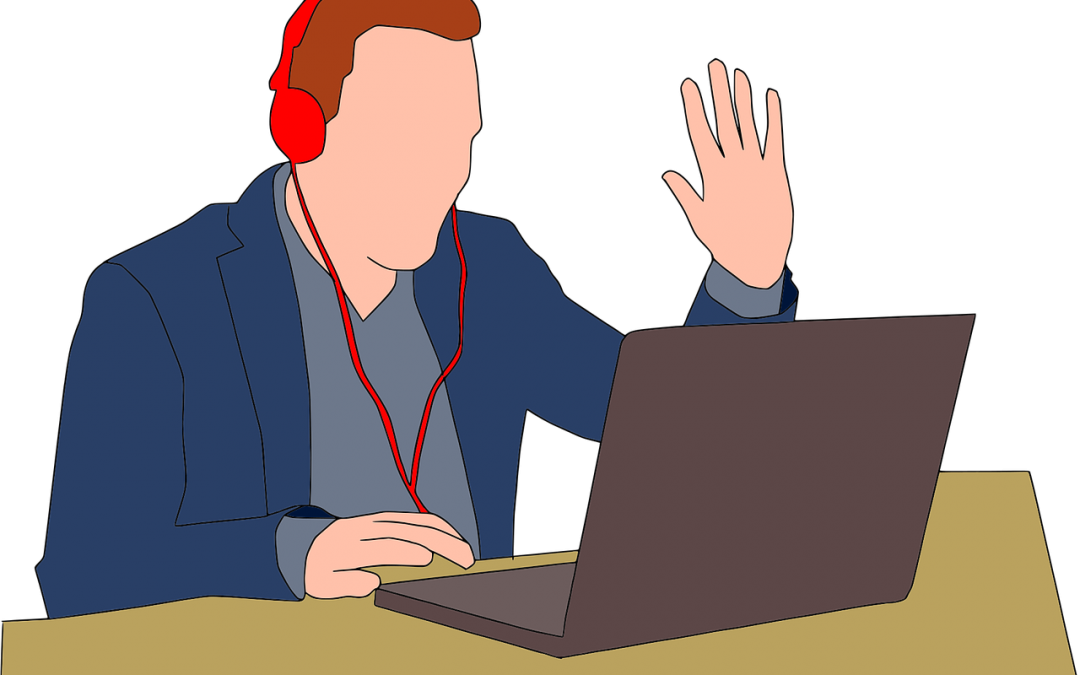
Mar 20, 2020
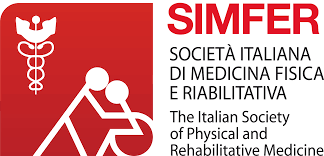 SIMFER – Italian Society of Physical and Rehabilitation Medicine has activated a teleconsultation service aimed at recently discharged stroke patients and their families who should continue rehabilitation treatments.
SIMFER – Italian Society of Physical and Rehabilitation Medicine has activated a teleconsultation service aimed at recently discharged stroke patients and their families who should continue rehabilitation treatments.
A.L.I.Ce OdV (Italian Stroke Association) spreads this new important free remote support and consultancy service offered by SIMFER Italian Society of Physical and Rehabilitation Medicine.
In consideration of the difficulties that many patients find in accessing physiatric visits and rehabilitation treatments, due to the limitations imposed by the current situation, SIMFER has activated (in Italy) in collaboration with A.L.I.Ce Ferrara odv a telemedicine-rehabilitation service, a sort of “virtual clinic”, made available in totally free form, which makes use of a selected group of physiatrists, able to offer indications and information support relating to the needs of people with disabling conditions of different origin.
The patient or caregiver who needs it, can write an email to SIMFER ITALY and will be contacted as soon as possible to carry out a teleconsultation with one of the SIMFER volunteer doctors.
For any additional information please visit https://www.simfer.it/
Image by mohamed Hassan from Pixabay
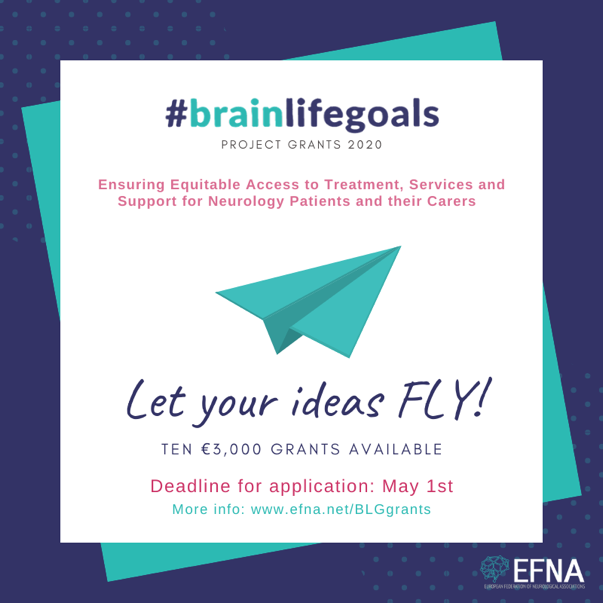
Mar 19, 2020
In 2020, within the framework of the #BrainLifeGoals campaign, the European Federation of Neurological Associations (EFNA) will again provide grants to support work in one of their focus areas. This year the focus will be on:
Ensuring Equitable Access to Treatment, Services and Support for Neurology Patients and their Carers.
Donna Walsh, EFNA Executive Director, explained “Access to treatment is one of the central #BrainLifeGoals of many neurology patients, and we want to help make that a reality across Europe! Therefore, EFNA will provide up to 10 grants of €3,000 each to selected organisations.”
The closing date for applications is May 1st.
Find out about eligibility and requirements here: https://www.efna.net/blggrants/
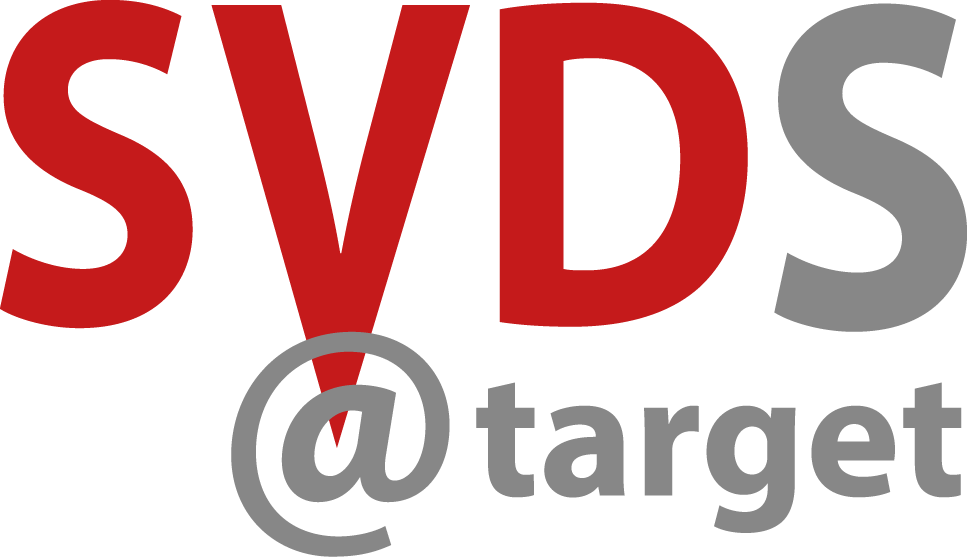
Mar 19, 2020
Stroke and dementia rank among the most pressing health issues in Europe. Cerebral small vessel diseases (SVDs) have emerged as a central link between these two major co-morbidities. SVDs account for more than 30% of strokes and at least 40% of dementia cases. They encounter multiple distinct diseases that can be separated based on their underlying genetic defects, risk factors, and clinical presentations. Despite this profound impact on human health, there are no treatments with proven efficacy against SVDs. The network “Small vessel diseases in a mechanistic perspective: Targets for Intervention in Stroke and Dementia(SVDs@target)” brings together top scientists with a wide range of complementary expertise. We spoke with Danielle Kerkhofs, PhD candidate from the Maastricht University about this project and the latest developments.
SAFE: If you were to explain the project’s aim to a person without any medical background, what would you say?
DK: The SVDs@target project aims to elucidate underlying mechanisms of cerebral Small Vessel Disease (cSVD) and discover new treatment options for this disease. CSVD is an umbrella term used for different pathologies affecting the smallest vessels in the brain. It contributes to a quarter of all strokes and almost 45% of all dementia’s. With revealing the underlying mechanisms of the disease we hope to create possibilities to develop new treatments specific for CSVD.
SAFE: What types of partner do you need to carry out a project like this?
DK: The partners that we need for this project should have both clinical as pre-clinical research experience. To further reveal the underlying mechanism of the disease we need to start at a basic level, followed by clinical studies in patients. I think this balance between the pre-clinical and clinical research is one of the strengths of this project.
SAFE: Can you briefly describe your role in the project?
DK: I am working as a PhD student on this project at Maastricht University, participating both in pre-clinical as clinical studies. Our main research topic in Maastricht is to investigate the specific role of inflammation, and more specific different immune cell populations, in the development of cSVD. Further I participate in the clinical studies Investigate@SVDs and TREAT-SVDs.
SAFE: What personally attracted you to be in this project?
DK: What I really like in this project is the internationally collaboration between the different research groups and the focus on both preclinical as clinical work.
SAFE: When this project ends, what do you expect to change, i.e. how it will reflect on stroke treatment?
DK: This project will give us more insight in the mechanisms underlying the pathogenesis of cSVD. The acquired knowledge will hopefully make the next step possible were we can investigate more specific treatments that can reduce progression of the disease. Further this new knowledge can also provide us new chances for earlier detection of the disease.
SVDs@Target has received funding from the European Union’s Horizon 2020 research and innovation programme under grant agreement No. 666881.





 SIMFER – Italian Society of Physical and Rehabilitation Medicine has activated a teleconsultation service aimed at recently discharged stroke patients and their families who should continue rehabilitation treatments.
SIMFER – Italian Society of Physical and Rehabilitation Medicine has activated a teleconsultation service aimed at recently discharged stroke patients and their families who should continue rehabilitation treatments.




